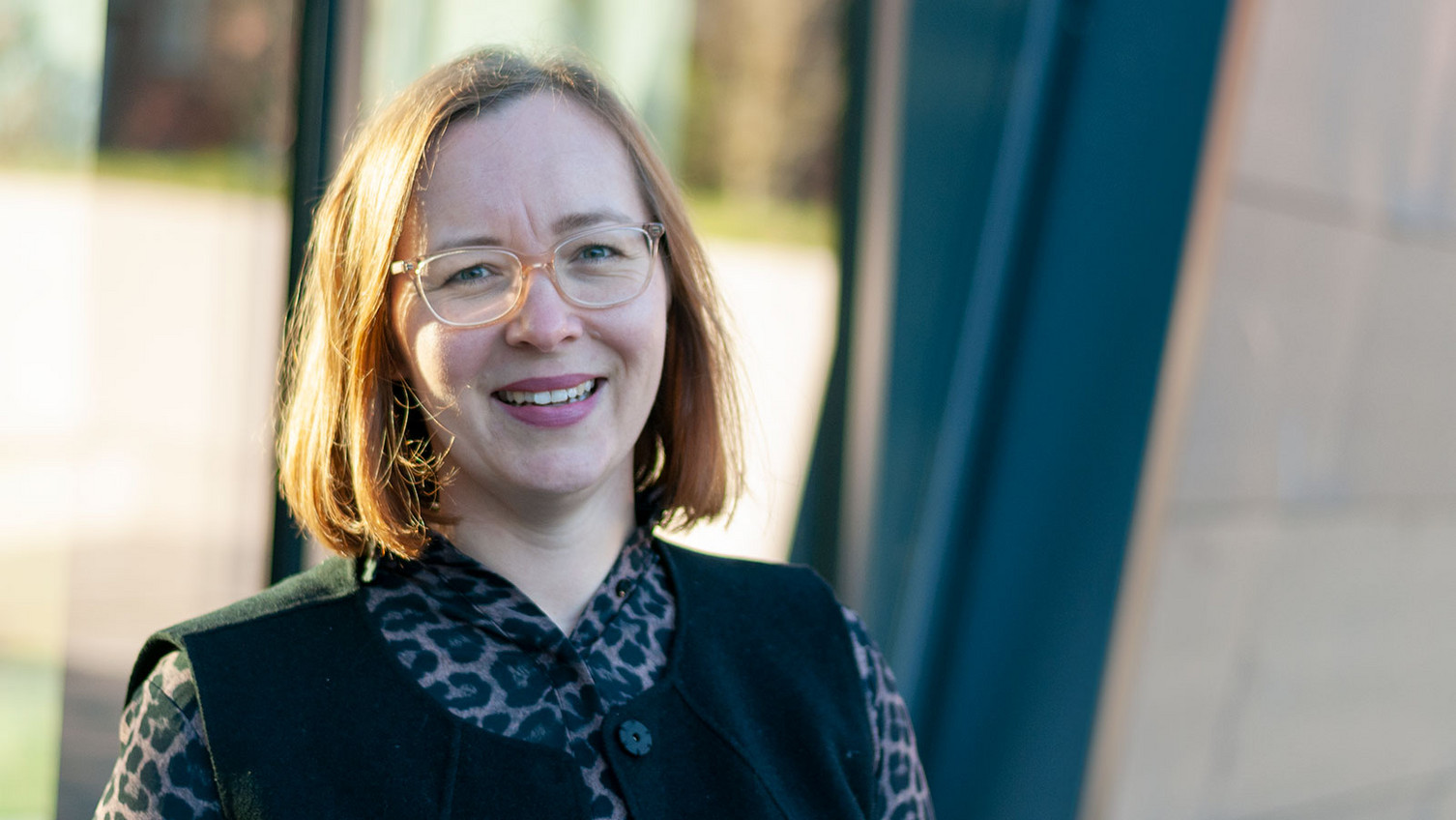Global Classroom at the Graduate School: Data is everywhere
2021-12-06 Our world is being datafied. The complementary seminar "Challenges and Opportunities of Datafication: Interdisciplinary Perspectives" under the scientific direction of the organisational researcher Prof. Dr. Hannah Trittin-Ulbrich deals with the challenges of the digital transformation and takes an unusual didactic approach.
In the complementary studies at the Leuphana Graduate School, students from different Master's programmes learn from each other and broaden their disciplinary view. The Global Classroom opens the perspective even more. The university didactic project started together with the Copenhagen Business School last year. Students from different cultural backgrounds came together digitally and discussed the impact of increasing datafication. The seminar "Challenges and Opportunities of Datafication: Interdisciplinary Perspectives" provides students with the advanced theoretical and analytical skills needed to formulate, develop, and understand the social impact of digital transformations, their challenges, and opportunities.
"Planning for the Global Classroom started before the outbreak of the Covid 19 pandemic. At that time, we didn't even know how significant digital teaching would become in the next two years," says Prof. Dr Hannah Trittin-Ulbrich, assistant professor of business administration, especially business ethics. This year, the project is going into the second round. This time without the Copenhagen Business School, as the Danish university is teaching fully in presence again, but the seminar at Leuphana was planned as a hybrid event. "However, the Global Classroom does not only see itself as a university concept, but also opens up teaching to civil society. All our content, the readings, and the work assignments are open access online and are provided in English. You don't have to be enrolled at a university to expand your knowledge of datafication with the help of the teaching materials," says Hannah Trittin-Ulbrich.
The content of the course was developed by various researchers from Germany and abroad. "We can thus draw on a broad range of expert knowledge," says Hannah Trittin-Ulbrich. For example, the junior professor gives a virtual lecture on the ethical aspects of increasing datafication: "Ethical and social questions arise, such as: How do we as researchers deal with data? What does it mean when we digitally measure our society? How do we avoid discrimination when collecting data? Then there is the high energy consumption of servers. Digitalisation also has an ecological impact," says Hannah Trittin-Ulbrich.
The students prepare the content at home with the help of the digital lecture and the accompanying sources and work assignments. The self-study is accompanied by a tutorial in which what has been learned is reflected on together and deepened in an applied way using case studies and group discussions," explains Hannah Trittin-Ulbrich. The seminar is offered in the module "Connecting Science, Responsibility and Society" in the third Master's semester.
The development of the Global Classroom Project "Challenges and Opportunities of Datafication: Interdisciplinary Perspectives" was funded by the Ministry of Science and Culture of Lower Saxony.

